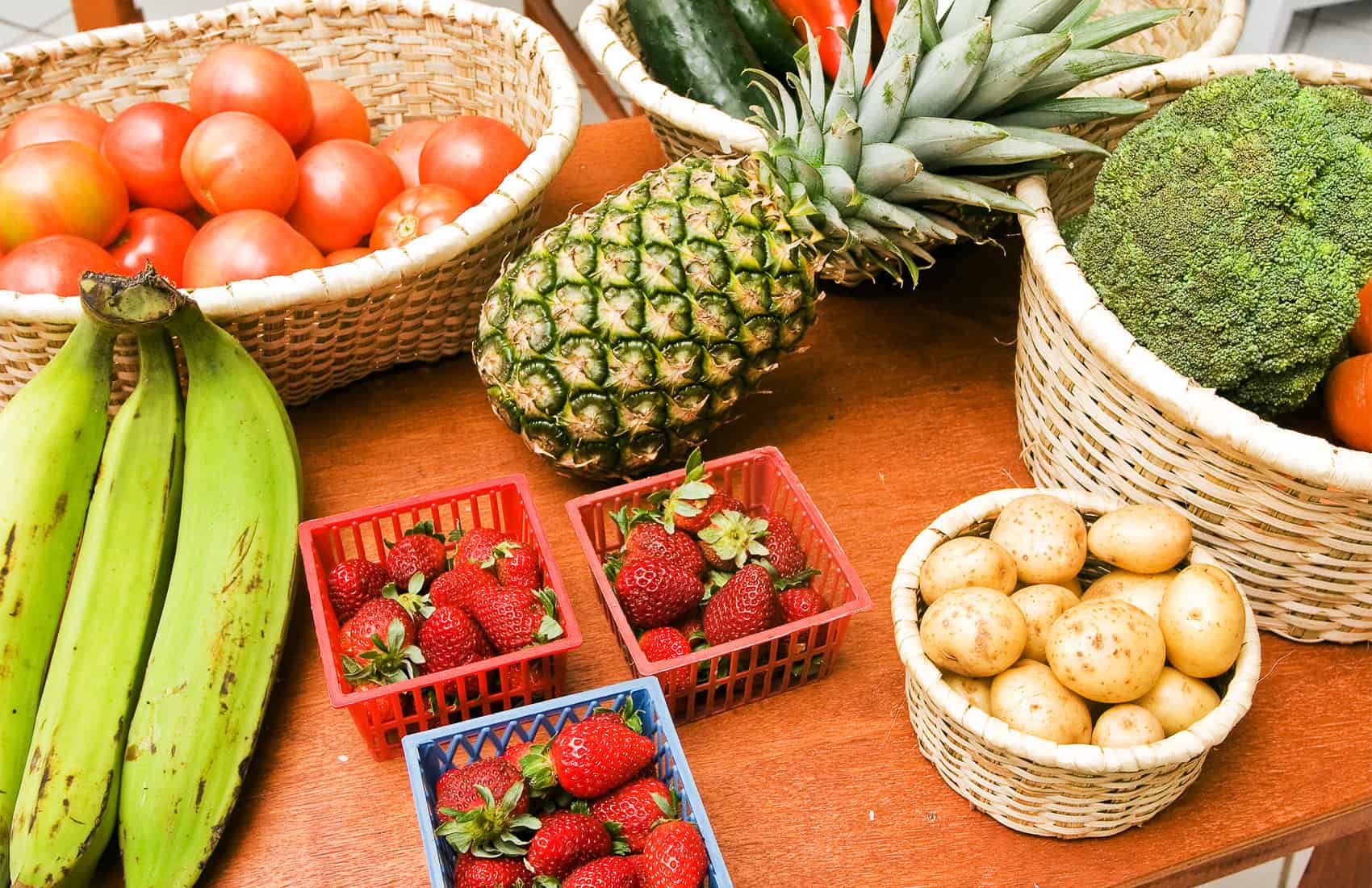Exports of organic products from Costa Rica to European Union countries in 2014 grew for the fourth consecutive year, according to reports from the Agriculture and Livestock Ministry’s Organic Agriculture Program (PNAO).
Local organic producers in 2014 exported a total 12,500 tons of products to the EU, including coffee, bananas and pineapples, up 4 percent from 2013 and 18 percent from 2012. The Netherlands was the main buyer of Costa Rican organic products followed by the UK, Germany, Belgium and France.
Exports fell dramatically following the 2011 financial crisis that hit international markets. In 2010 the country sold 25,209 tons of organics to Europe, but the figure dropped to 9,490 in 2011. Now exports are showing steady growth, according to PNAO director María Fernanda Reyes Chin-Wo.
Agriculture Ministry officials attribute the upward trend to Costa Rica’s “third country accreditation,” which grants recognition in EU countries of the local organic agriculture certification system administered by the ministry’s Phytosanitary Service (SFE).
Costa Rica obtained its accreditation in 2003 and currently is the only Central American country with an EU third country accreditation.
Last year SFE certified 7,900 hectares of organic crops, slightly up from the 7,450 reported in 2013. The administration of President Luis Guillermo Solís set a goal in 2014 to regain pre-2011 figures, aiming to increase organic production by at least 2,000 hectares by the end of its term in 2018.
Last year Costa Rica had a total of 12 certified organic products. Most of them have been exported to international markets for the past nine years, including sugar, bananas, cocoa, coffee, pineapple, rice and noni. Local producers of turmeric, ginger, hickory, blackberry and aloe leaves received their organic certification for the first time last year, according to SFE records.
Bananas, sugar, pineapple and coffee were Costa Rica’s top organic exports last year, and also were the top sold products to EU countries. The Foreign Trade Promotion Office (PROCOMER) currently does not have exact figures on exports as “some organic products are exported without the proper description that would allow differentiation from non-organic,” the agency reported.
Mostly for export
According to PNAO there are currently 2,159 organic producers in Costa Rica. In the past two years 69 percent of their production was sold to international markets and 31 percent was sold locally.
Within the domestic market share, most of the organic produce —35 percent — is distributed through organic farmers’ markets, or “ferias.” Intermediaries sell 20 percent and restaurants and hotels buy 15 percent.
The remaining 30 percent is distributed equally among supermarkets, specialized organic outlets, and at other markets.
Organic accreditation with the EU has also opened new markets for Costa Rican products. The country’s organic coffee producers exported to Estonia last year for the first time, while pineapple producers sold for the first time to France and Switzerland.
More than a million kilos of sugar were also exported to new buyers in Germany, France, Italy, UK and Switzerland, PNAO reported.
PNAO director Reyes said the spike in numbers is clear proof that the local agriculture sector should change its traditional farming practices. “According to MAG estimates, organic products can achieve profits up to 25 percent higher than non-organic ones” she said.







